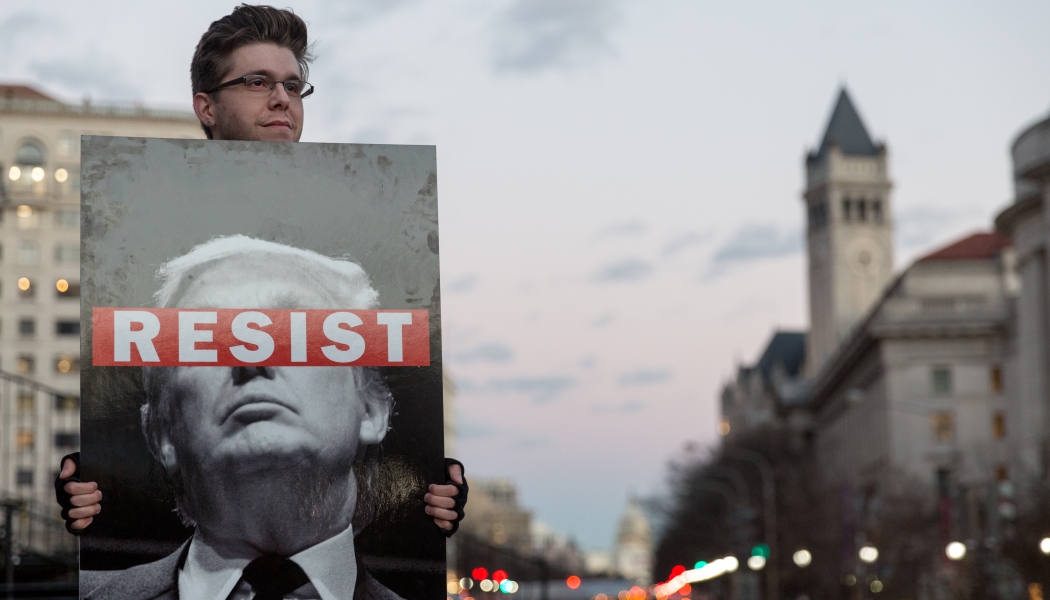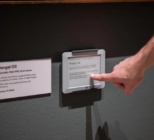Do not tolerate discrimination and hate in your organisation. Call it out. Do not give it a platform,
Following President Donald Trump’s executive order to ban refugees and people from seven listed countries from entering the United States, I have highlighted ways in which the museum sector can stand up to discriminatory politics. I have discussed how museums can resist the rise of far-right politics in Europe and the US in an article for Think: Leicester, the University’s platform for independent academic opinion.
I have suggested a six-point plan detailing how the museum sector can respond to Trump and the rise of the far-right in Europe:
- Be welcoming. Show museums are a space for all. Make sure your museum is warm and welcoming, whoever comes through the door. Museum are (largely) public spaces that exist for the benefit of society – all society. Make sure that you actively welcome and encourage visits from marginalised communities and show them your support.
- Represent. Show and celebrate the diversity of society. Explore your collections and your communities. Tell diverse stories. Museums can influence the way people think. They can help overturn negative and damaging media narratives about marginalised groups, including refugees. Use your museum as a space to tell positive stories that genuinely represent our multicultural communities.
- Record, document, collect: Demonstrate the impact of cruel and inhuman treatment. ‘Never Forget’ is something often said about the Holocaust, but we mustn’t allow what is happening now to be forgotten either. This kind of action, discrimination and inhuman treatment of people will generate documents, objects – material culture of all kinds. Museums and archives are ideally placed to collect, record and display what is happening.
- Be active. Campaign for what is right. Don’t be neutral. We must take sides, we must stand up for what is right.
- Don‘t tolerate intolerance. Do not tolerate discrimination and hate in your organisation. Call it out. Do not give it a platform. You don’t have to tell ‘both sides of a story’ when one of those sides promulgates racism, islamophobia, division or bigotry. ‘No platforming’ is not denying anyone’s freedom of speech, as many have claimed. It is a mechanism through which you can distance yourself from such intolerance and hate.
- Be a place where we can enjoy the best of humanity. Museums are places when you can find the very best of people. The very best of our arts, our culture, our heritage. They can tell the story of what it is to be human. They can support our health and wellbeing, can bring happiness and joy, are places where we can relax and connect with those around us. Make your museum a place that inspires us to be the very best that we can be.
Dr Suzanne MacLeod, Director and Head of the University of Leicester School of Museum Studies, said museums do and can play a very significant role in creating our shared social world and the importance of this has never felt so urgent.
“Museums are in danger of being complicit in the production of inequality and discrimination unless they make their position against racism and against all forms of discrimination visible,” she said. “As democracy and care for others seems to be crumbling around us, we need to learn from those museums who have been successfully building new audiences and making significant contributions to the lives of citizens and to a sense of shared experience.’’
Main Image
Main Image: Protest in Washington DC following President Trump’s ban on travel from seven majority Muslim nations. Photograph by Lorie Shaull










